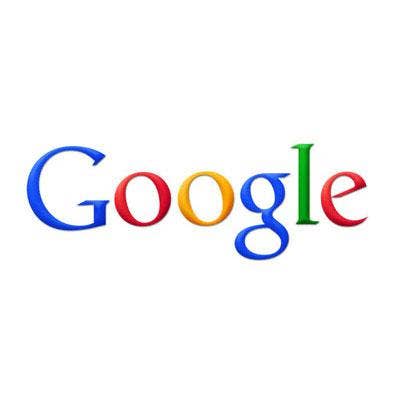Five Companies That Dropped The Ball This Week

Microsoft Doesn't Invite Windows XP To IE9 Beta Party
Microsoft is beaming with pride this week over the launch of the Internet Explorer 9 beta, which features a cleaner interface and performance that’s noticeably speedier than previous versions. But if you're using Windows XP -- and the reality is that a majority of Windows users still are -- you're not going to be able to use IE9 because it's not compatible with the aging platform.
Microsoft claims XP isn't capable of the hardware acceleration that boosts IE9's performance, but Mozilla and Google are calling shenanigans, and both are working on Web browsers that use a semblance of hardware acceleration.
Microsoft, of course, wants people off of XP, and the company has a long track record of using compatibility to get its way. But that's a risky strategy for a company whose Web browser market share has been decreasing steadily in recent years.

Yahoo CEO Bartz Trash Talks Apple's iAd
Yahoo has been struggling to hold onto its top talent and remain relevant, and Yahoo Carol Bartz appears to have the right amount of gumption to lead this charge. But when Bartz this week saw fit to trash talk Apple's iAd mobile advertising service, it sounded a lot like whistling past the graveyard.
"That's going to fall apart for them," Bartz told Reuters this week. "Advertisers are not going to have that type of control over them. Apple wants total control over those ads."
Yahoo earlier this year unveiled its own ambitious mobile advertising strategy, but there's not much in the company's recent track record that suggests it'll be a hit. Meanwhile, Apple has a ton of momentum in its mobile business, and many industry watchers see iAd as a logical progression in its strategy that could become a license to print money.
The ebullient Bartz has already begun to turn the ship around at Yahoo, and we appreciate her willingness to tell off Techcrunch's Michael Arrington, but Bartz's comments on iAd will probably look pretty silly about a year from now.

Google CEO Schmidt Strays Close To Being Evil
Remember that Google motto about not being evil? Well, someone should probably remind Google Chairman and CEO Eric Schmidt, who this week insinuated that Google would do whatever it takes to gain access to Facebook data for its forthcoming rival social networking service, which is reportedly called Google Me.
"The best thing that would happen is for Facebook to open up its data," Schmidt said at the search firm's Google Zeitgeist conference in Scottsdale, Ariz. this week, as reported by The Wall Street Journal. "Failing that, there are other ways to get that information."
Someone cue the evil "muahahaha" laugh track! Is this guy for real? First Google says it's developing a me-too Facebook clone, and then this? Add it to the list of ways that Google is acting like Microsoft used to act in the 1990s before the big DOJ smackdown. The likelihood of Google meeting the same fate is starting to seem almost inevitable.

RIM Loses More Blackberry Subscribers In Q2
Research In Motion reported better-than-expected profit in its Q2 earnings this week, and Blackberry shipments were up 45 percent year over year. But this was tempered by the fact that RIM added 4.5 million Blackberry subscribers in Q2, compared to 4.9 million in Q1. RIM fell short of its expected range of 4.9 million to 5.2 million new subscribers.
What's really ominous is that RIM in December plans to stop offering forecasts for the number of new Blackberry subscribers it plans to add, and it'll also stop sharing its average selling prices. RIM isn't out of the woods yet, and the future of its business could become much more difficult to predict.

Chase Vilified For Response To Online Banking Outage
JPMorgan Chase's online banking system was hit by an outage Monday night that rendered its Website inaccessible for all of Tuesday. Some 16.5 million Chase customers were left banging their heads against the wall in frustration, and the bank is getting heat for not being open about the cause of the outage.
Chase initially tried to paint the outage as being due to scheduled maintenance, but as the hours of inaccessibility stretched on, customers grew increasingly more frustrated. Chase CEO Jamie Dimon eventually apologized for the outage, but it's another example of how companies that stick their heads in the sand when outages occur end up causing far more damage to their images than if they were to fess up right away.